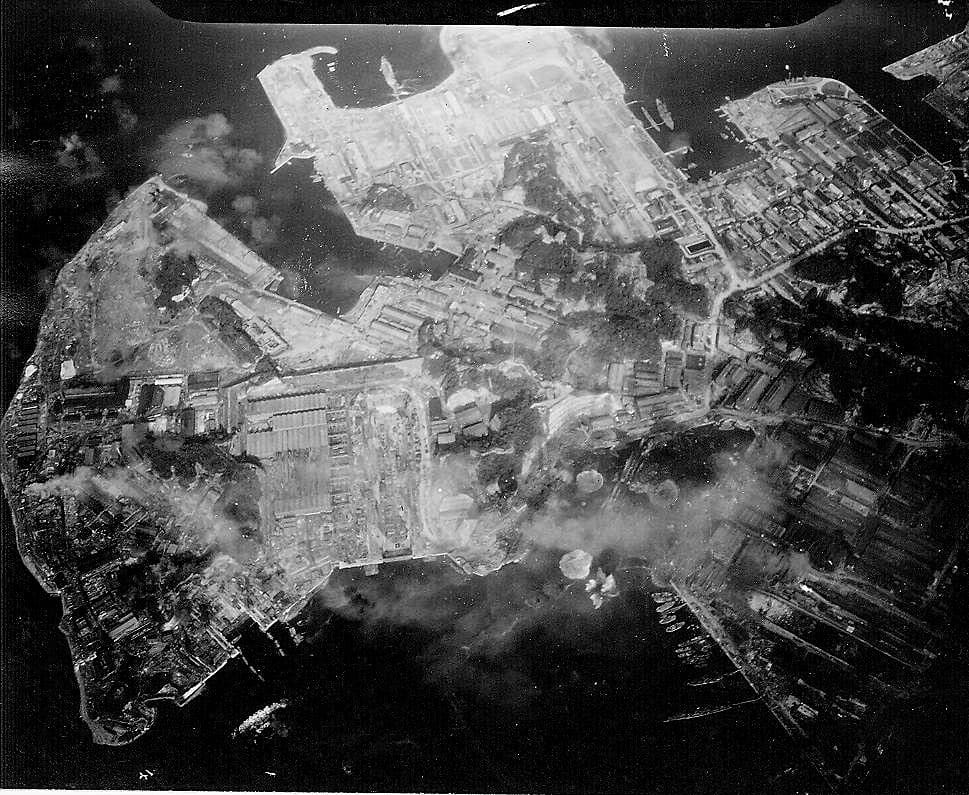- Hidden History's Newsletter
- Posts
- Today in the Second World War
Today in the Second World War
The 18th of July
Welcome to our July 18th edition, a journey into the pivotal events and personal narratives that shaped this day in World War II history. As we delve into the tales of heroism, strategic maneuvers, and human resilience from the war-torn front lines to command centers, we invite you to remember the sacrifices made and lessons learned from this significant era. Let's continue to honor history by keeping these stories alive and learning from our past.
"It would have been easier to fight alone with inadequate forces than to have to accept...responsibility for our ally's lack of fighting qualities and dubious loyalty." - Field Marshal Albert Kesselring
Third Term
Franklin Roosevelt received an almost unanimous invitation at the Democrat Convention in Chicago, Illinois, United States to stand as the party's candidate for the 1940 presidential election. If elected he would become the first US President to remain in office for more than two terms.
FDR
Secret Out
German supply ship Regensburg arrived at Yokohama, Japan, disembarking prisoners captured by German merchant raiders that Regensburg supported. When inspecting captured mail that was also given to the Japanese, it was discovered that the Americans had broken the current Japanese Navy code, leading to a change in codes.

Regensburg
Unique Kill
US Navy airship K-74 detected an enemy submarine in the Straits of Florida between the United States and Cuba at 2340 hours by radar and commenced the attack on German submarine U-134 10 minutes later. The anti-aircraft guns of U-134 hit the airship, and she crashed at 2355 hours. K-74 was the only American blimp to be shot down during the war.
The battle
Disastrous Raid
An attack of the marshalling yards near the French town of Revigny by 107 Lancaster bombers of No. 5 Group, RAF Bomber Command met with disaster when the bombers were intercepted by Luftwaffe fighters as the bombers approached their target East of Paris. Twenty-four of the attackers were shot down including five from No. 619 Squadron. Only two men from the squadron's losses survived - the bomb-aimer from Flying Officer Begernie's crew and the rear gunner from Flying Officer Morcan's crew.

Lancaster bombers
Applying Pressure
American battleships USS North Carolina, USS Alabama, USS Iowa, USS Missouri, and USS Wisconsin and British battleship HMS King George V bombarded Hitachi, Ibaraki Prefecture, Japan with 2,000 shells; the Taga Works and Mito Works of Hitachi Manufacturing Company were moderately damaged, and the Yamate Plant and the copper refining plants of Hitachi Mine were lightly damaged; civilian housing areas were also attacked, causing many deaths. Japanese battleship Nagato was damaged in port at Yokosuka, Japan by aircraft from carrier USS Shangri-La; a Japanese destroyer, a submarine, and three smaller vessels were sunk during the attack on Yokosuka. Aircraft from USS Yorktown struck the Tokyo area. P-47 Thunderbolt and P-51 Mustang aircraft of US Far East Air Forces attacked various targets on Kyushu and the Ryukyu Islands, Japan, focusing largely on communications lines, bridges, shipping, and population centers.

Strike photo taken by USS Hancock aircraft showing an attack on the Yokosuka Navy Yard, Tokyo Bay, Japan, 18 July 1945. Note bomb splashes.
Send Off
The air groups of submarines I-400 and I-401 held a farewell dinner in Maizuru, Japan before their planned suicide mission against Ulithi, Caroline Islands. Lieutenant Commander Nobukiyo Nambu, commanding officer of I-401, secretly invited some of the airmen's family members as a nice gesture.
I-401, with its long plane hangar and forward catapult.
Photo of the Day
US Navy airship K-112 of Airship Patrol Squadron ZP-14 based in Morocco making an approach for a landing at RAF Gibraltar, July 18, 1944.
As we wrap up this July 18th dispatch of the Hidden History Newsletter, we hope that today's journey through the past has deepened your understanding and respect for the immense sacrifices and stories of resilience from this pivotal era. Your continued readership helps keep these invaluable lessons from history alive. Thank you for accompanying us today, and we look forward to providing more insights into the World War II era in our upcoming editions. Until then, remember, history is not just about the past - it's a compass that can guide our future.
If you ever have any recommendations feel free to reach out to us at [email protected]
Have a great week :)
Recommended Books:
Today’s email was brought to you by Hidden History.
Was this email forwarded to you? You can subscribe here!




